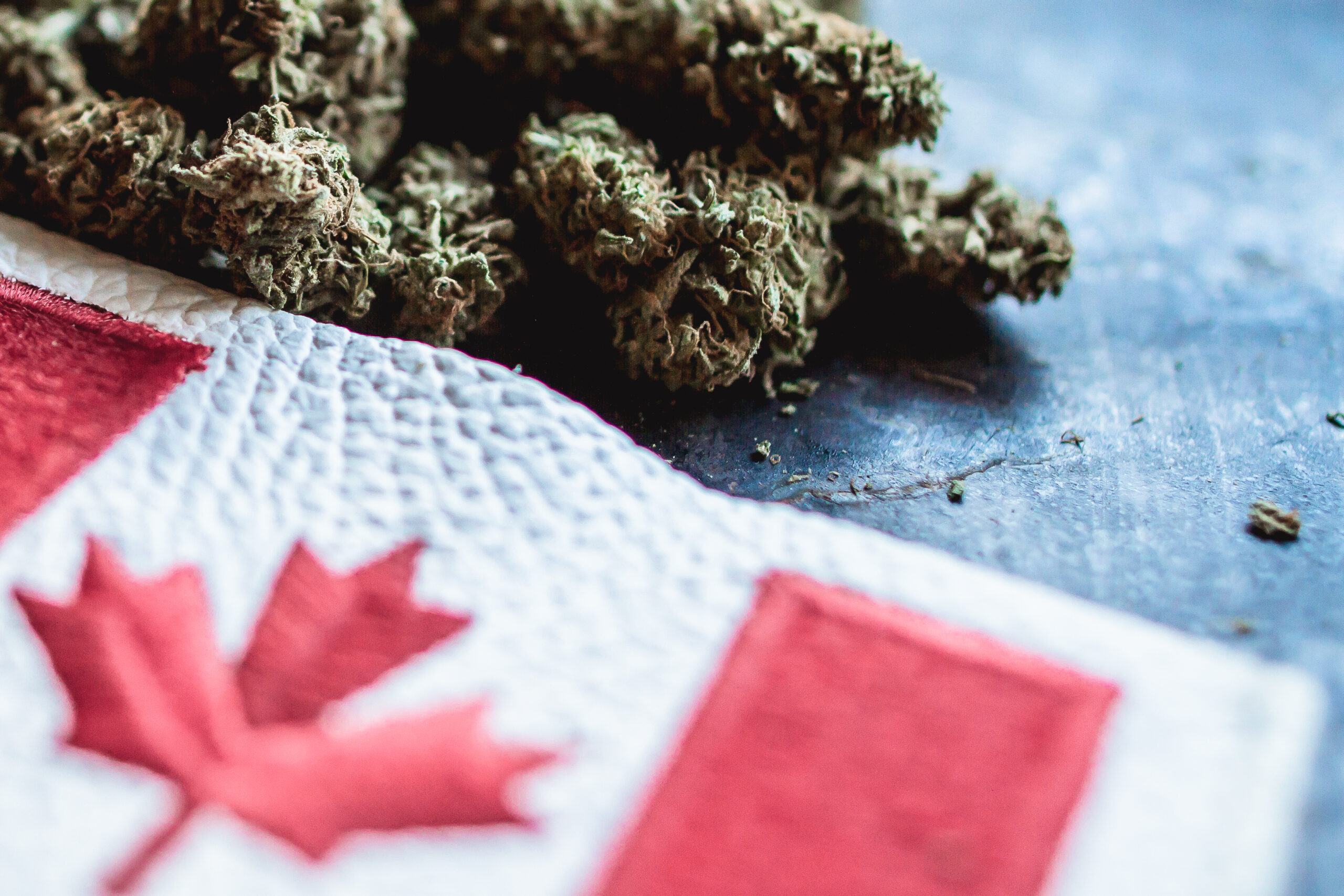Connect with us
Published
1 year agoon

As recreational cannabis policy takes hold across the West, it calls into question how exactly this new regulatory structure impacts the medicinal cannabis market that came before it and the patients it’s designed for.
A new study, led by a University of Manitoba researcher, takes a closer look at that question by examining the Canadian adult-use marketplace and its trends. The report, titled “Medical Cannabis Access and Experiences in Canada,” ultimately found that a majority of Canadians who require medical cannabis obtain their products through the recreational market instead of through the medical system, which raises red flags regarding health and safety.
The study involved 5,744 participants and is one of the largest studies ever conducted from the perspective of Canadians accessing cannabis for a medicinal purpose. It was completed in collaboration with patient groups Medical Cannabis Canada, SheCann Cannabis, Santé Cannabis, and McGill University.
The report notes that individual access to medical cannabis has been protected by numerous Canadian constitutional rulings dating back to the late 1990s before the Cannabis Act and the regulatory recreational framework was introduced in 2018. Today, cannabis can be accessed recreationally or with a medical authorization (similar to a prescription) through an authorized and licensed medical cannabis seller.
Even so, the study found that more than half of surveyed patients obtained cannabis without a medical authorization, even though their use was deemed medical.
“According to our study findings, those who take cannabis without a medical authorization were less likely to seek information from health-care professionals, less aware of the amount of cannabis they were consuming, and more likely to use the unregulated market than those with one,” said Dr. Lynda Balneaves, associate professor at the College of Nursing, Rady Faculty of Health Sciences, in a NewsWise release.
The study specifically notes that those without a medical authorization were 20% less likely to speak to or seek information from a healthcare provider; 15% more likely to rely on non-evidence-based and unqualified sources of information, like Google, information at a recreational dispensary or social media; 14% more likely to report not knowing how much medical cannabis they were actually taking; 7% more likely to experience side effects and 27% more likely to obtain cannabis from unregulated sources.
Without a medical authorization, people have limited access to medical advice regarding dosage, potency and type of product, Balneaves said, which can also raise concerns about whether people are using medical cannabis “safely and effectively,” additionally pointing to potential health harms and additional financial barriers.
According to Max Monahan-Ellison, board chair of patient research and advocacy group Medical Cannabis Canada, the Cannabis Act “discourages and penalizes safe and accessible use” for patients who have a medical cannabis authorization.
“The MCAS data clearly highlights that Canadians accessing cannabis for medical purposes deserve more support and that starts with informed, patient-centered changes to the cannabis regulations,” Monahan-Ellison told NewsWise.
Based on the studies findings, authors shared six key recommendations as part of the federal review of the Cannabis Act and Regulations and to inform future medical cannabis policy and programming in Canada.
Specifically, they recommend designing, implementing and maintaining a “formalized evaluation” of the medical cannabis framework, all the while consulting with patients and key experts and maintaining “reasonable access” to cannabis through a dedicated medical framework, embedded in the Cannabis Regulations. Additionally, they suggest changing cannabis regulations, tax policy and insurance formularies in order to reduce out-of-pocket costs related to medical cannabis and redirecting cannabis use away from the unregulated market.
Finally, authors suggest the development, implementation and evaluation of healthcare professional education training surrounding medical cannabis; expanding reasonable access to medical cannabis by adding “community pharmacy dispensing” and maintaining and amplifying a federal resource hub, which would provide updated, evidence-based information and resources about medical cannabis.


Clinical Trial To Assess LSD Microdosing For PMS


Survey: High-THC Flower Yields Few Serious Side Effects in Patients


Connecticut House Approve Bill Regulating Hemp Products


Hemp Clothing Market to Hit $23B by 2031, Report Predicts


Despite City Efforts, Hemp Shops Posing as Dispensaries Prevail in Las Vegas


Cannabis Community, Investors React to DEA Decision To Reschedule
